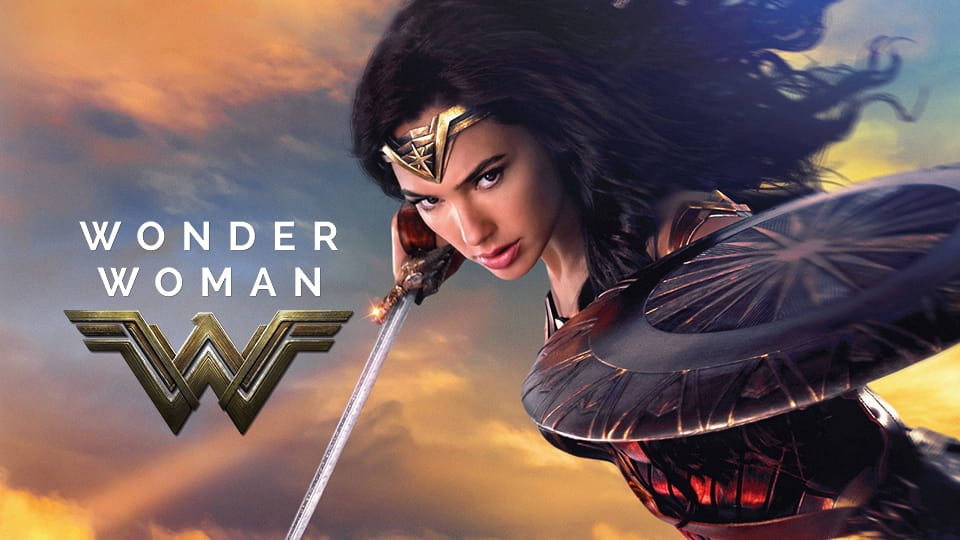In an era of post-apocalyptic spectacles and CGI-fueled destruction, The Divide (2011) remains one of the most chilling, underrated psychological survival films of the past two decades. Directed by French filmmaker Xavier Gens (known for Frontier(s)), the film was a slow-burn cult hit when first released, but in 2025, it’s getting a second life — re-released in select theaters and streaming platforms as part of the “Forgotten Futures” retrospective.
Set in New York City immediately after a catastrophic nuclear attack, The Divide wastes no time plunging its audience into claustrophobic chaos. A small group of survivors, including a mother, a security guard, a scientist, and a few unpredictable strangers, take shelter in the basement of an apartment building. What begins as a desperate attempt at survival quickly devolves into a terrifying psychological experiment.
As food, trust, and sanity dwindle, the true horror emerges — not from the nuclear wasteland above, but from the savagery within.
What makes The Divide stand out from its post-apocalyptic peers is its commitment to emotional and moral realism. This isn’t about saving the world; it’s about what happens when the world ends and no one is watching. Gens strips the story of hope and heroism, choosing instead to focus on the brutal transformation of ordinary people under pressure.
Michael Biehn (of Aliens and The Terminator fame) gives a gritty performance as Mickey, the ex-fireman and reluctant protector of the group. Lauren German brings an unsettling fragility and resolve to Eva, the film’s central figure of moral resistance. Supporting cast members including Milo Ventimiglia, Rosanna Arquette, and Michael Eklund gradually descend into madness — delivering performances that are uncomfortable, raw, and deeply affecting.
Shot almost entirely in a single underground location, the film’s visual style is grimy, dim, and claustrophobic. The cinematography by Laurent Barès paints a portrait of psychological rot, using tight framing and increasingly decayed set design to reflect the breakdown of society — and the human soul.
The haunting score by Jean-Pierre Taïeb underscores the film’s dread-filled atmosphere, punctuated by moments of silence that speak louder than explosions. This is not a film for the faint of heart, nor for those seeking easy resolution.
Though it received mixed reviews upon its initial release — with some critics calling it "too nihilistic" — The Divide has since gained a loyal following for its boldness and unrelenting honesty. In an age when apocalyptic stories are often filtered through action and hope, The Divide remains a brutal reminder that the scariest monsters may be the ones we become.
With current world events renewing interest in films that explore isolation, control, and societal collapse, The Divide feels more relevant — and disturbing — than ever.
If you missed it the first time, this is your chance to experience one of the most unsettling visions of human nature ever put on screen.



